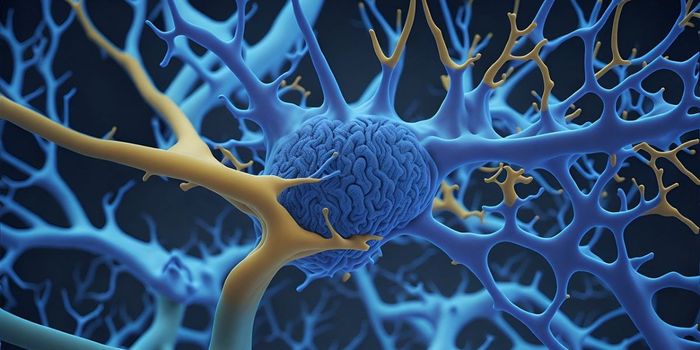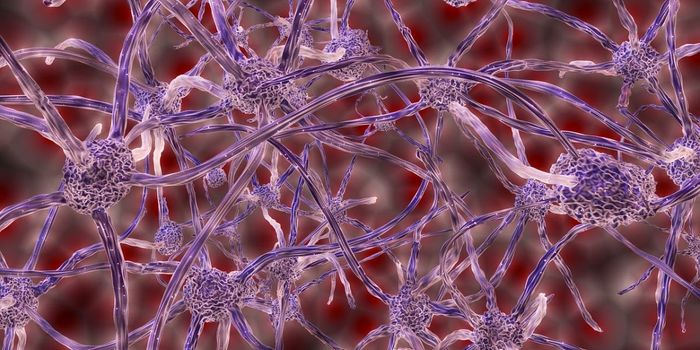Suicidal Mitochondria Responsible for ALS
Scientists at Northwestern University have discovered a new mechanism in the brain that may be responsible for the early stages of neurodegeneration seen in conditions such as Amyotrophic Lateral Sclerosis (ALS), which affects voluntary muscle movement such as walking and being able to talk.
A process that had never been observed before, the researchers involved coined it, “microautophagy”. It takes place in diseased upper motor neurons located in the brain and is caused by a collection of self-destructive mitochondria that begin to disintegrate from within at an early stage. Upper motor neurons are responsible for voluntary muscle movement and relaxation, and are typically among the first neurons to disintegrate from neurodegenerative conditions (Gautam: 2019).
According to senior study author, Hande Ozdinler, “I think we have found the culprit that primes neurons to become vulnerable to future degeneration: suicidal mitochondria...The mitochondria basically eat themselves up very early in the disease. This occurs selectively in the neurons that will soon degenerate in patient’s brains (Samuelson: 2019).”
Via a process known as immuno-coupled electron microscopy, Ozdinler and her team studied the cellular events that occur in neurons that become vulnerable to ALS. After reviewing over 200 neurons, they found that self-destructing mitochondria only occurred in diseased neurons (Gautam: 2019).
Although the study analyzed mice, Ozdinler and her team have previously demonstrated that the upper neurons across different species, including mice and humans, are practically identical at the cellular level, and especially within the context of this pathology, known as TDP-43(Gautam: 2019).
From this research, Ozdinler and her team hope that these self-destructive mitochondria may become a target for future treatments for ALS and similar conditions. She said, “Many of the drugs currently on the market that target the health and the integrity of mitochondria may well be repurposed and considered for neurodegenerative diseases in the future...Maybe we don’t need to reinvent the wheel to cure ALS and other neurodegenerative diseases.”
“To overcome neurodegeneration, we need to improve the health and the stability of mitochondria. If we improve the health of the mitochondria early, we may even eliminate protein aggregate formation, a pathology broadly observed in many diseases (Samuelson: 2019).”
Sources
Gautam, Mukesh et al: Frontiers in Cellular Neuroscience
Samuleson, Kristin: Northwestern University









